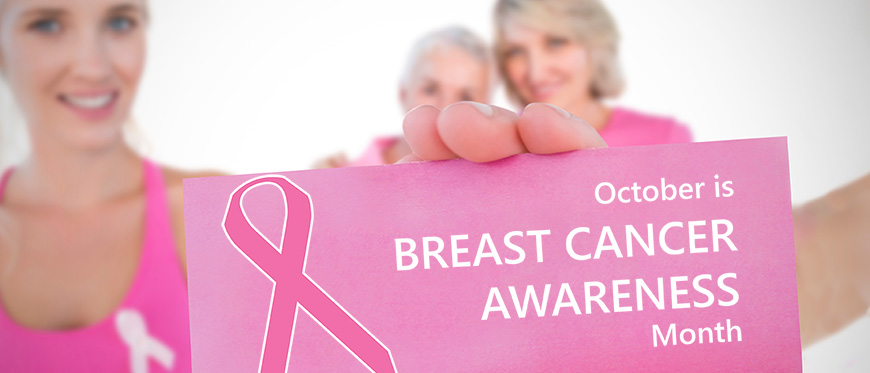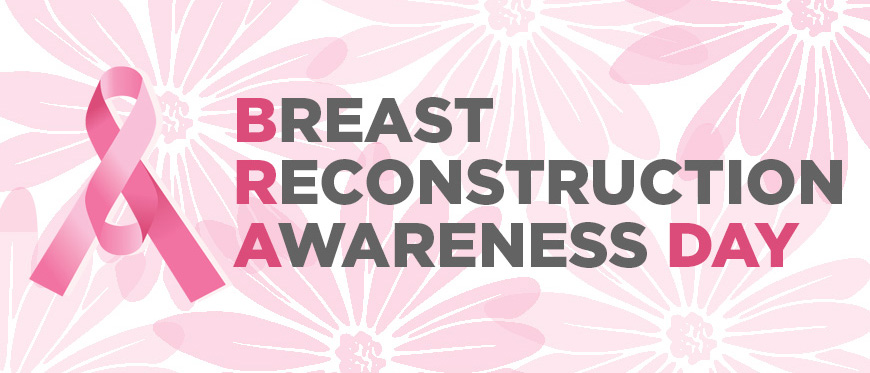While new treatments for cancer in the form of medications such as chemotherapy, hormone, biologics or immune therapies continue to emerge, more information about the benefits of exercise and nutrition for prevention of breast cancer and for those with a diagnosis of breast cancer is also mounting.
This is particularly good news for patients with a breast cancer diagnosis. When a course of chemotherapy or radiation completes it can be a relief for patients to finish their prescribed treatments, but many patients want to know what they can do themselves to minimize the risk of cancer recurrence or improve survival.
As the following studies have shown, exercise and nutrition can be an answer.
Nutrition in Breast Cancer Survivors
A study presented earlier this year released the final survival analysis in the Women’s Intervention Nutrition Study that compared reducing dietary fat in a standard diet. In this study, half the patients worked with a nutritionist and reduced their dietary fat by nine percent. Patients in that group lost nearly 6 pounds on average compared to the group that did not change their diet.
The study confirmed that a low fat diet reduced the risk of dying from breast cancer in women with hormone or estrogen receptor negative tumors (about 20% of breast cancer). In this 15 year follow up, breast cancer death was decreased about one third in estrogen receptor negative (ER-) patients. The fact that a lifestyle intervention, for ER- patients, could show such effect does not mean that other more conventional treatments can be avoided but that lifestyle has a big impact.
Exercise in Breast Cancer Survivors
In a review of nearly 30 studies, decreases in breast cancer deaths and improved quality of life have been shown in breast cancer survivors who exercise. The studies also show reduced non-cancer related deaths in breast cancer survivors. The beneficial effect of exercise is seen for other cancers but is strongest in breast cancer. Exercise in this setting is a real medical therapy.
Evidence is mounting that exercise may reduce the risk of developing cancer. Exercise has been shown to:
- Reduce fatigue and anxiety while improving sleep quality
- Lessen memory loss and improve memory function
- Reduce body wide inflammation response (which is thought to decrease cancer risk)
For everyone, the American Cancer Society has recommended at least 150 minutes per week of moderate intensity exercise, or more than 75 minutes per week of vigorous exercise. For cancer survivors at least 30 minutes of moderate to vigorous physical activity at least 5 days per week is advised.
Learn more about breast care services available at UVM Health Network CVMC.
Sources:
Chlebowski RT, Blackburn GL, for the Women’s Intervention Nutrition Study Investigators: Final survival analyses from the Women’s Intervention Nutrition Study (WINS) evaluating dietary fat reduction as adjuvant breast cancer therapy. San Antonio Breast Cancer Symposium. Abstract S5-08. Presented December 12, 2014.





